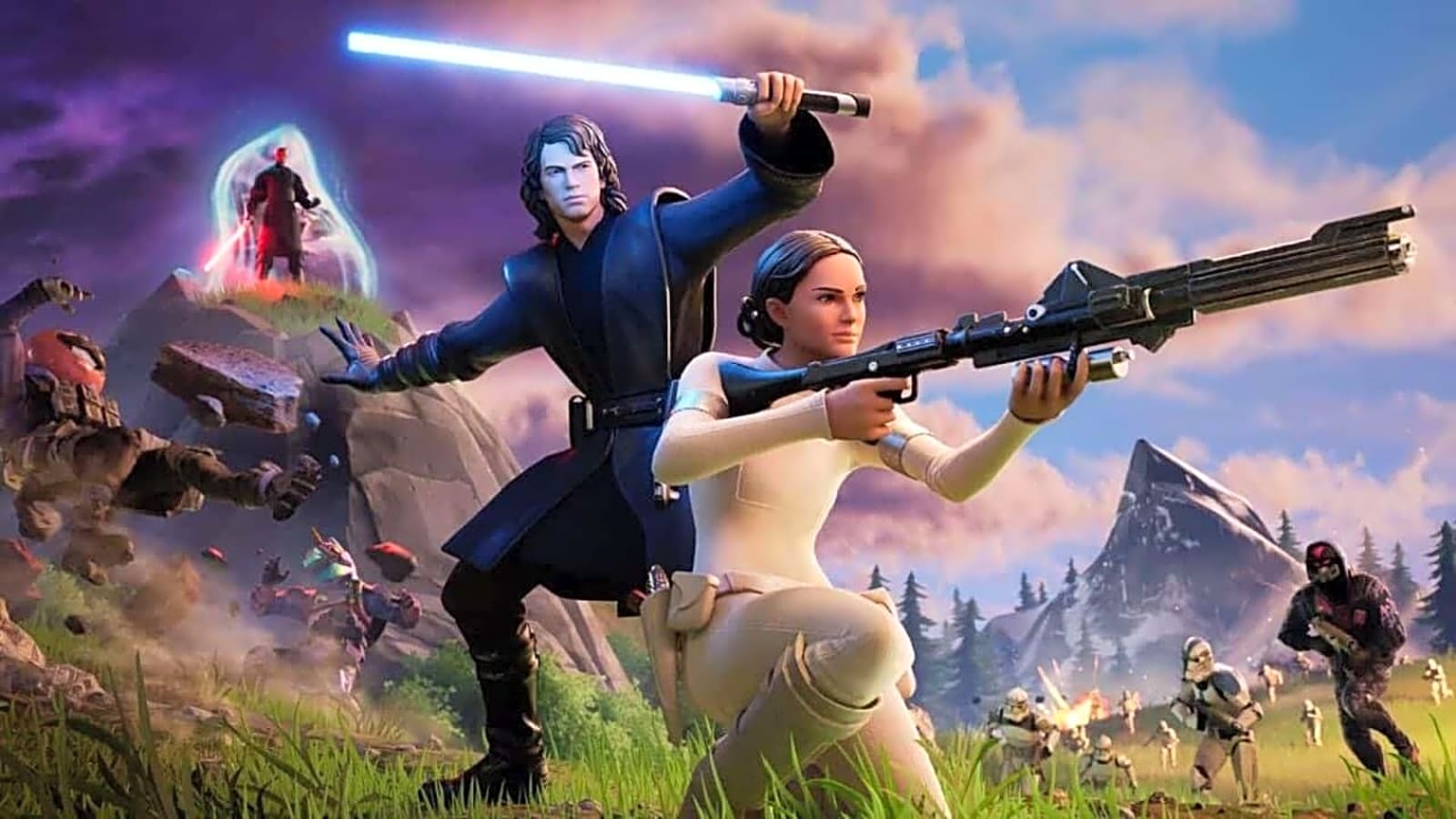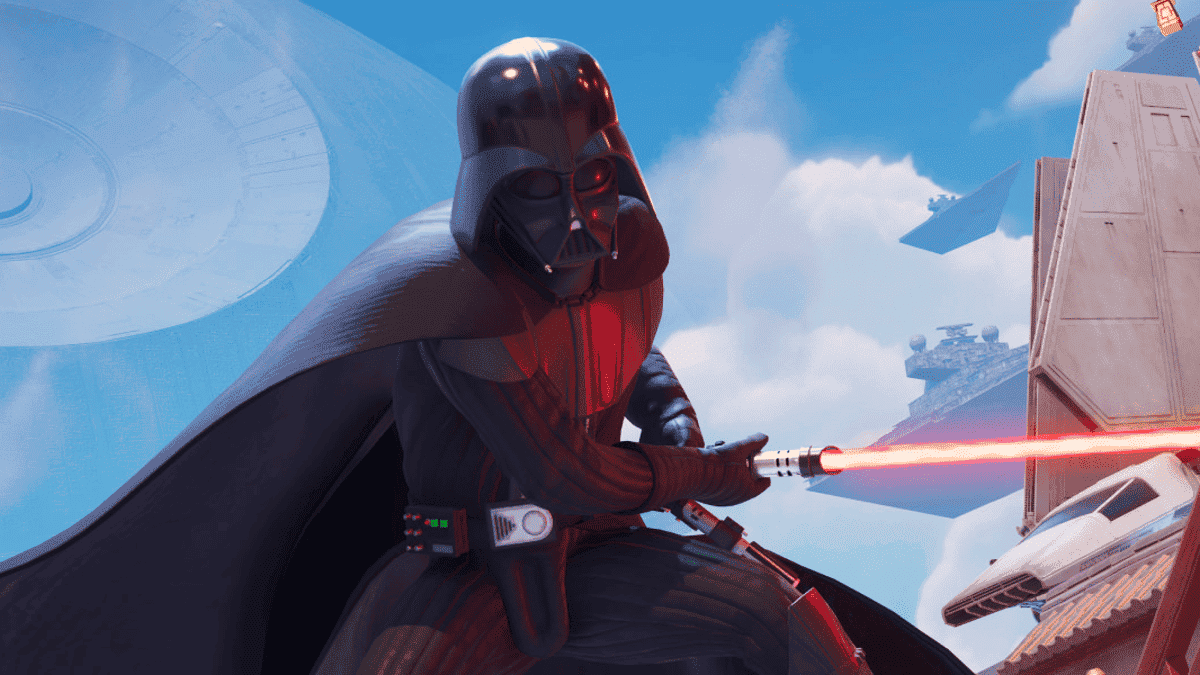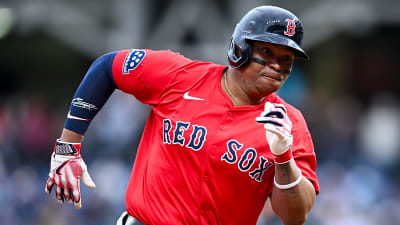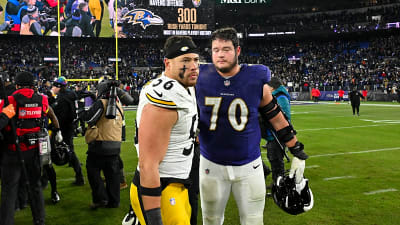
Months after the passing of iconic actor James Earl Jones, the menacing voice behind Darth Vader, Fortnite offers players unexpected in-game dialogues with the Star Wars villain. During these interactions, players can explore topics like Jedi philosophy and Vader’s rivalry with Obi-Wan Kenobi, blending lore with playful banter. Additionally, some cryptic warnings about the lack of Force sensitivity have been reported by some players. In contrast, jokes about sabers being weapons rather than gardening tools were heard by others. Given these digital recreations, will they be perceived as tributes or ethical dilemmas?
Outrage Over Fortnite’s AI Usage

Artificial intelligence has fueled these various exchanges behind the scenes, finding a way to revive Vader’s persona for Fortnite players without Jones’ direct involvement. As a result, Fortnite‘s AI usage raises questions about its ethics in replicating deceased performers’ work, balancing concerns over township with nostalgia. Ultimately, studios increasingly explore posthumous digital resurrections continue to blur the line between tribute and exploitation. Although some players may decide to applaud the innovation, others may question the implications of a Sith Lord outliving his own voice.
Years before his death, James Earl Jones consented to letting artificial intelligence analyze archival recordings of his voice. His real estate would later endorse his decision, approving his posthumous appearance in Fortnite. Due to the game’s AI usage with Jones’ voice, tensions continue to escalate amid an ongoing industry-wide conflict over the tech’s role in creative fields that sparked a nine-month actors’ strike against video game studios.
SAG-AFTRA Fights AI Usage in Voice Acting
What’s more, SAG-AFTRA, the union representing over 160,000 performers, threw more gas into the fire when it filed an unfair labor practice charge with the National Labor Relations Board. In the complaint, Llama Productions, an Epic Games subsidiary, has been accused of violating labor laws by deploying AI to replicate Jones’ voice in Fortnite without notifying the union or negotiating terms. Additionally, the union made its own accusations, claiming Llama altered employment conditions tied to AI usage, sidestepping collective bargaining protocols.
While studios balance technological innovation with ethical labor practices, this clash underscores broader anxieties about AI’s encroachment on performers’ rights. In particular, this issue is most seen when companies leverage legacy actors’ voices without live participation. Even though Jones’ estate supports Fortnite‘s AI usage, SAG-AFTRA continues to argue that these cases can set dangerous precedents, eroding protections for living actors. Ultimately, the outcomes of the labor board’s review could reshape how AI intersects with creative ownership and those who get to decide where legacy ends and exploitation begins.
Legal Challenges Prevent Quick Resolution
According to David Hoppe, managing partner of media-focused law firm Gamma Law, the labor complaint may face multiple legal challenges. Following his analyses, Hoppe speculated that the union’s broader objective might center on reigniting public debate over AI’s role in reshaping performers’ rights, particularly in gaming. Notably, this strategic move was designed to pressure studios into renegotiating labor terms amid rapid technological shifts.
For instance, Epic Games didn’t answer the claims, remaining silent when asked to comment on the allegations. A SAG-AFTRA spokeswoman responded by reiterating the union’s stance regarding the use of artificial intelligence. Although this advanced tech supports enhanced creative projects, employers must negotiate its implementation to prevent worker displacement. She also added that labor agreements are violated when bypassing collective bargaining, and can result in the union pursuing accountability for unilateral AI adoption.
The Future of AI in Gaming Escalates Further
Studios are increasingly relying on artificial intelligence to replicate or reimagine performances, highlighting the tension between innovation and labor protections. Specifically, Fortnite‘s version of Dark Vader is AI-driven, swaying between stern gravitas and deadpan humor. With James Earl Jones’ estate granting posthumous rights, the debate now extends beyond living performers, testing the limits of AI, ethically stretching the boundaries of artistic legacy. While both sides seem to have good points, the gaming industry faces a pivotal moment, either adapting labor frameworks to the AI age or risk prolonged legal and creative friction.
More must-reads:
- Watch: Braves' Ronald Acuna Jr. hits second HR following injury return
- Shedeur Sanders has theory for why he has so many critics
- The 'NFL QBs with the most rushing touchdowns in a single season' quiz
Breaking News
Trending News
Customize Your Newsletter
 +
+
Get the latest news and rumors, customized to your favorite sports and teams. Emailed daily. Always free!








